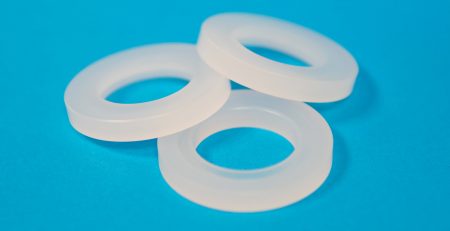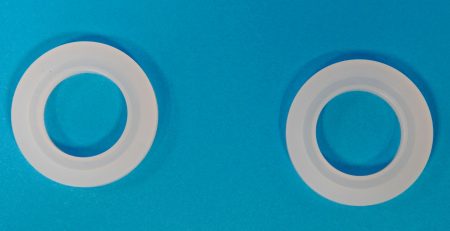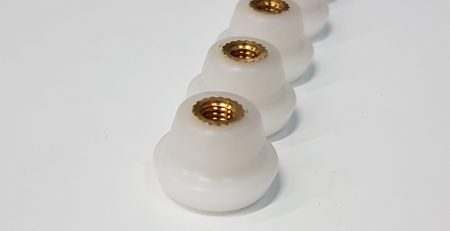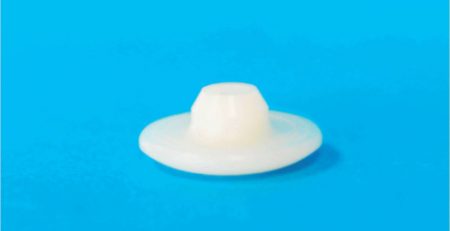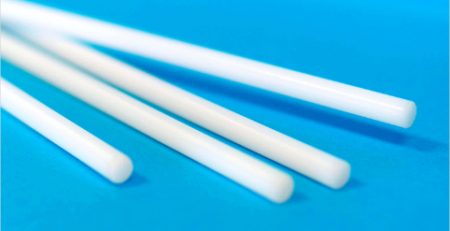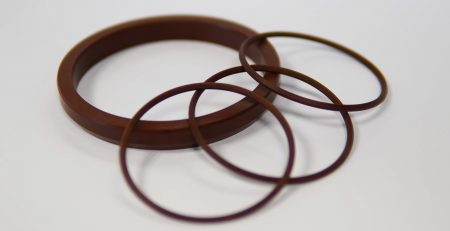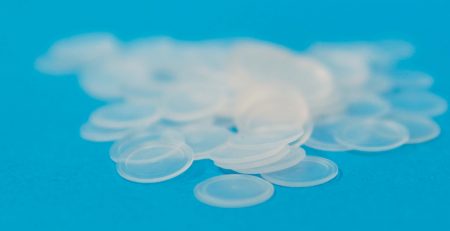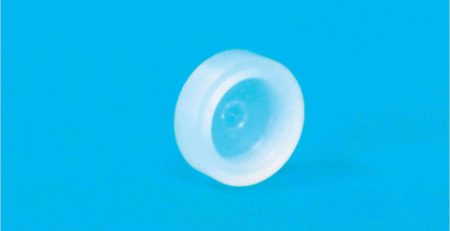PPS polymers in electromechanical components
Due to their obvious properties, polymer materials called PPS or polyphenylene sulfides are frequently used in the manufacture of electromechanical components: contactors, switches, plugs, coils, relays or switches. But the applications are obviously numerous, as these materials have excellent mechanical and electrical resistance.
PPS are available in many grades, but the best known and most popular are the 40% glass-fiber filled PPS, known under the trade name PPS GF40 or Ryton R4 XT. Unfilled polymers are already known to be extremely tough but brittle. The addition of this other material mainly provides PPS GF40 with excellent rigidity and enormous mechanical strength, especially at high temperatures.
Other properties round off these qualities: excellent thermal stability, high dimensional stability, improved chemical resistance, outstanding electrical and thermal insulation, crack resistance, very low moisture absorption, acid resistance, good resistance to steam and hydrolysis, and thus outstanding sterilization resistance.
These many outstanding properties make PPS GF40 a material that is capable of withstanding high static loads over a very long period of time under very high temperature conditions. However, the combination of the unique chemical structure of PPS and the addition of glass fiber may reduce the toughness of the material. For example, in many cases, glass fiber can have a kind of abrasive effect. This may make PPS GF40 less suitable for applications that may be subject to sliding stresses without the addition of suitable lubricants.
More specifically, in terms of electromechanical applications, PPS is an interesting alternative to crystalline engineering plastics and other high-performance plastics such as PA, POM or PEEK, especially due to its good chemical resistance, dimensional stability and wide temperature range. In addition, as an excellent electrical insulator, PPS can act as a fire extinguisher.



